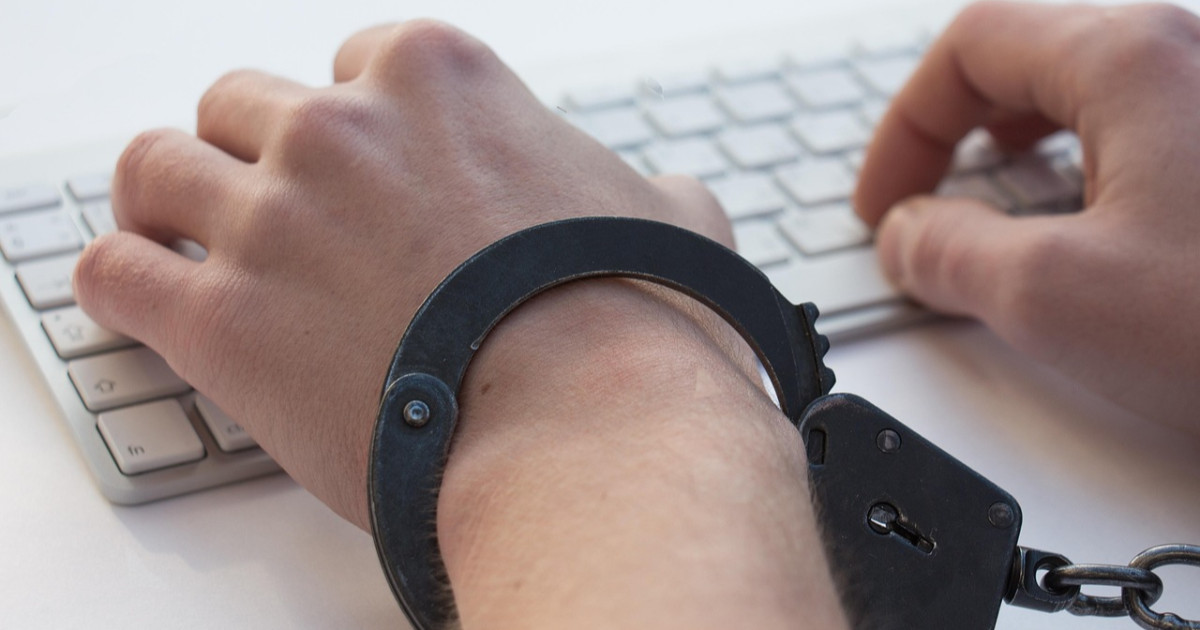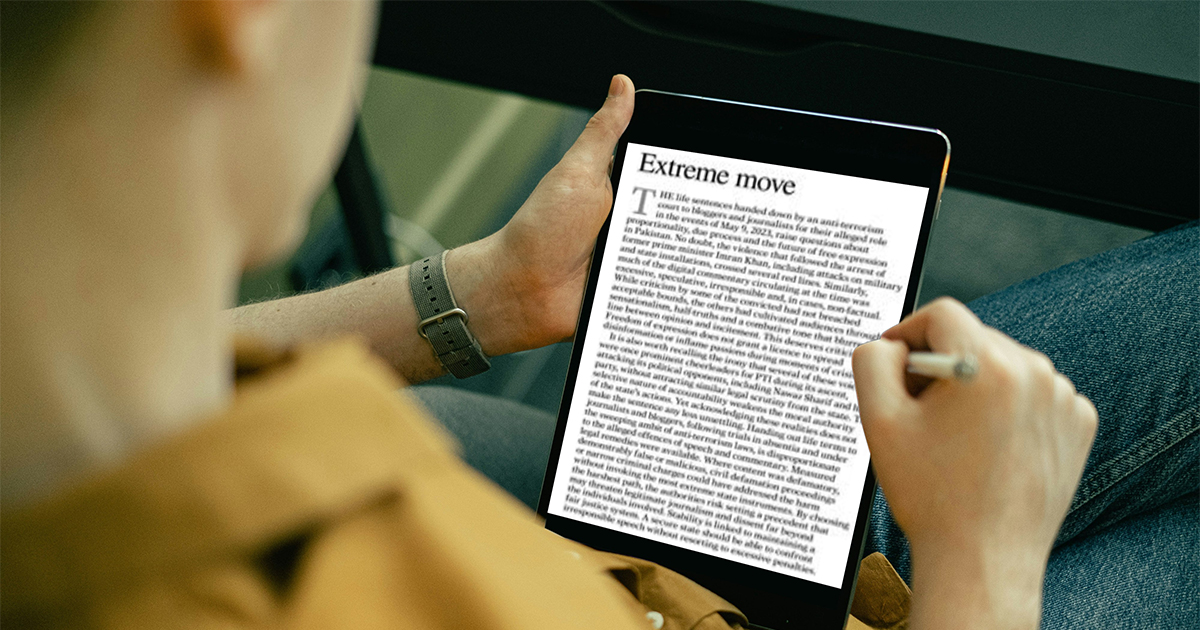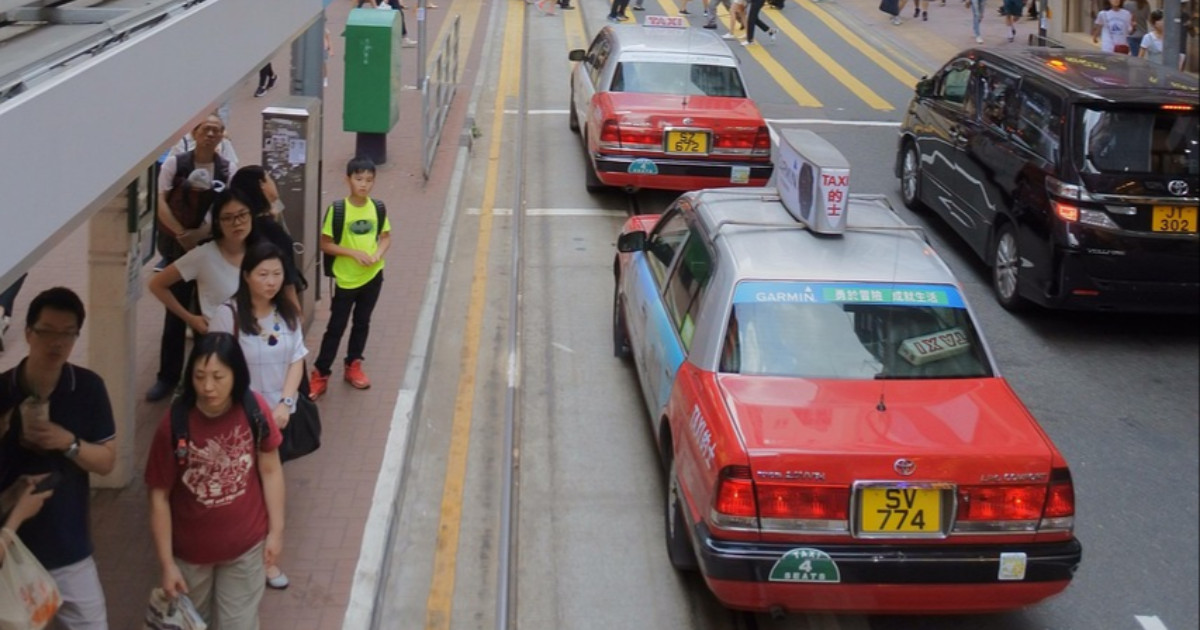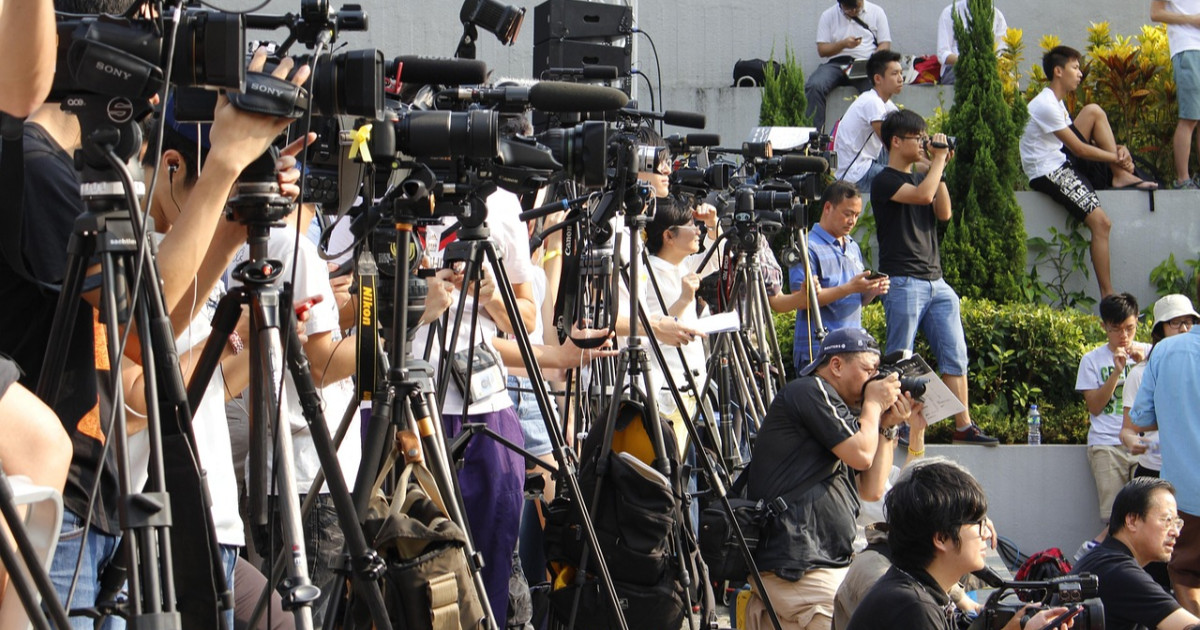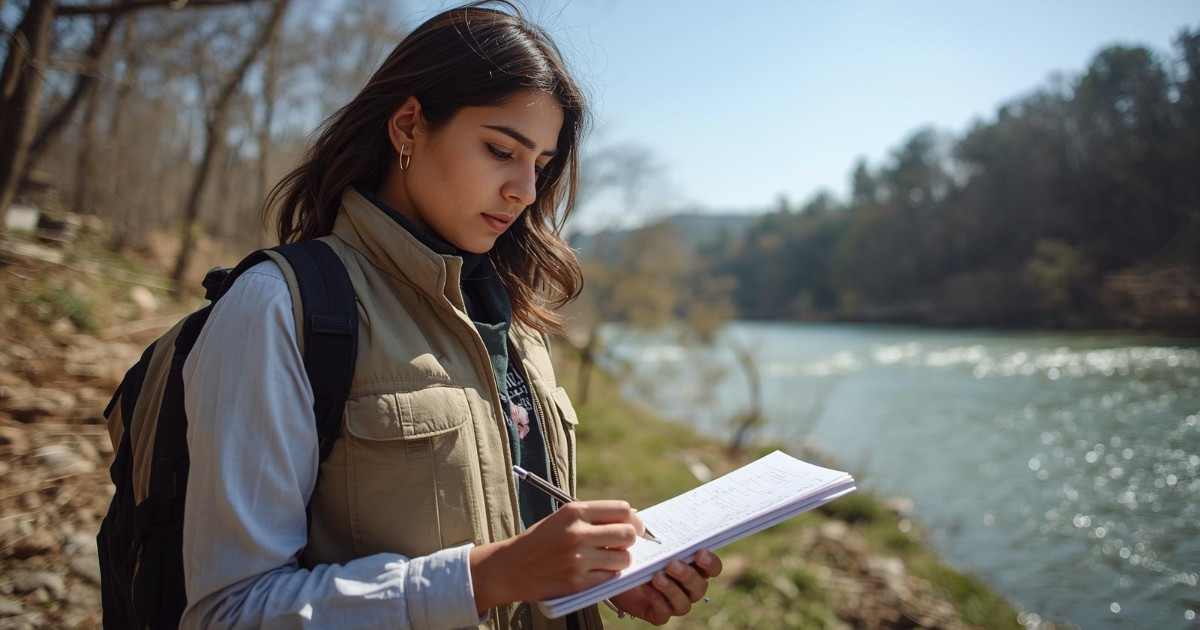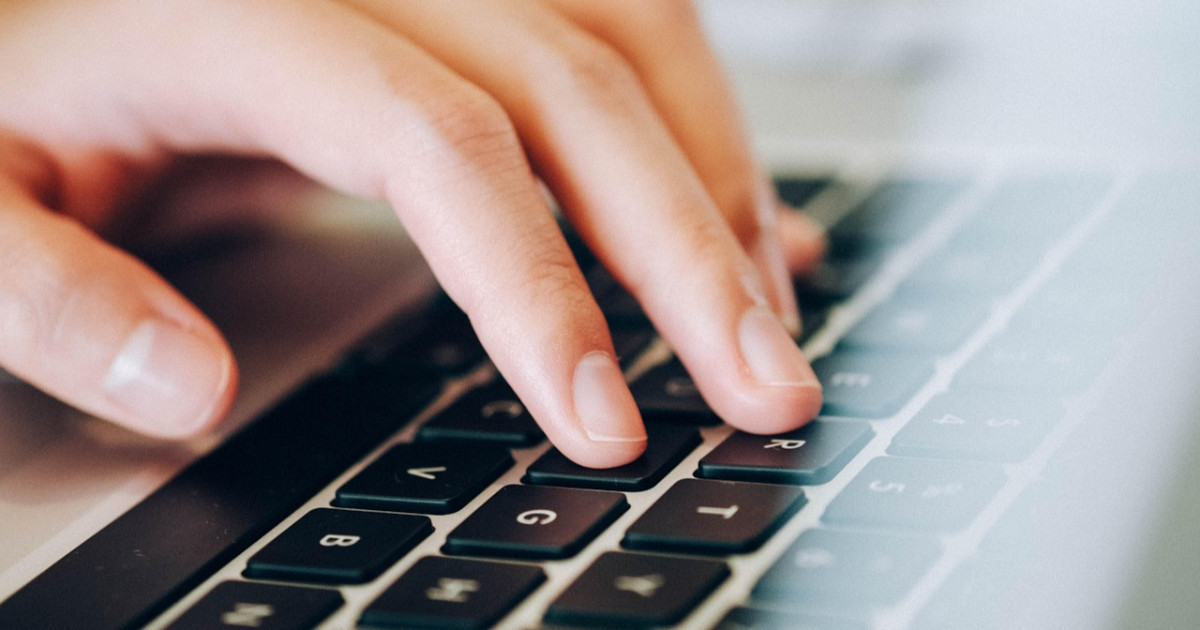Pakistani media adopted 'severe self-censorship' during general election 2018: EU observation mission
JournalismPakistan.com | Published: 28 October 2018
Join our WhatsApp channel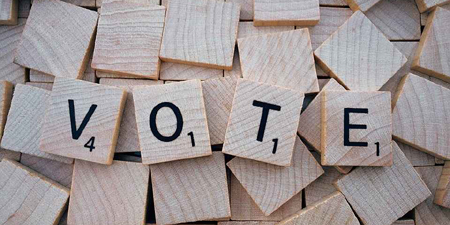
The European Union Election Observation Mission's report reveals that Pakistani media faced severe self-censorship during the 2018 elections. This was due to intimidation, leading to biased coverage favoring major political parties.Summary
ISLAMABAD - During the coverage of the general elections 2018 in Pakistan, the media adopted severe self-censorship in the face of efforts to stifle the reporting environment, according to the final report of the European Union Election Observation Mission.
“Editorial policies were carefully calibrated to downplay issues relating to the army, state security structures, and the judiciary,” says the report launched in Islamabad.
“Concerted efforts to stifle the reporting environment were observed, and included intimidating phone calls to senior editors, the disruption and hindrance of the distribution of broadcast and print outlets, and harassment of individual journalists. In such an environment, severe self-censorship was the safest option to continue publication.”
The report said controversial decisions by state institutions, including the Election Commission, which had an impact on the elections were not publicly examined. “Paid-for content and partisan discussion programmes dominated, and a substantial share of news was devoted to discontented voters and quotes from party leaders criticizing each other, leaving little space for non-partisan coverage of elections.”
The report maintains that there was no level playing for electoral contestants. “The media featured the three-horse race between the PTI, the PML-N and the PPP, coverage of which was tainted by corruption scandals and driven by court decisions. The PTI, the PML-N and the PPP joint share of exposure in all media was 81 percent, including within the news on electoral matters.”
Though PML-N was the most featured party during the elections campaign, “up to two-thirds of its coverage was negative in tone, including on court cases against the party leadership and on prominent defectors.”
On the other hand, the coverage of the PPP was mostly neutral or positive and predominantly afforded to the party’s campaign activities. The PTI also featured in either a neutral or positive manner. Among the leaders, “the PTI leader was by far the most quoted political figure across the media landscape….”
The report regretted that no debate between the party leaders took place, depriving voters of the possibility to directly compare them. Further, no analytical production compared party manifestos or scrutinized them for viability.
The editorial policy of the print media largely mirrored that of television. In total, 77 political parties were mentioned, but only 10 had a sizable presence in the news. The PML-N, the PTI and the PPP joint share of exposure was, on average, 76 percent. The press was less negative towards the PML-N than the TV channels. Overall, the coverage benefited prominent politicians, with Imran Khan’s photo being the most frequently used illustration of electoral news.
The report said social media served as both a vehicle for party propaganda and as a platform for news and analysis that opposed the official political discourse. Journalists and rights activists used online and social media to debate candidates, their manifestos and the conduct of state institutions. Frequently, videos, articles, and commentaries, rejected by mainstream media, were published on journalists’ private online accounts.
KEY POINTS:
- Pakistani media's self-censorship increased during 2018 elections.
- Intimidation tactics disrupted reporting and distribution channels.
- Coverage was dominated by PTI, PML-N, and PPP, with 81% media share.
- Lack of neutral debates left voters without clear comparisons.
- Social media became a platform for alternative political discourse.





